Contents
Introduction
Joshua Greene is a distinguished American experimental psychologist and philosopher known for his pioneering work on moral cognition and decision-making. Greene’s research explores the neural and psychological processes that underpin moral judgment, with a particular focus on the tension between emotional and cognitive processes in moral reasoning. He is widely recognized for his work using fMRI technology to investigate the brain’s role in moral decision-making and for his development of the dual-process theory of morality. Greene’s interdisciplinary approach, combining insights from psychology, neuroscience, and philosophy, has made significant contributions to our understanding of human morality and the nature of ethical decision-making.

This article explore into Greene’s life, his major contributions to moral psychology, and the far-reaching impact of his work on the study of morality and ethical decision-making.
Early Life and Education
Joshua Greene was born in 1974 and raised in New York City, where his curiosity about human behavior flourished. Growing up, he developed a strong interest in the intricate processes behind ethical decision-making. His early fascination with both philosophy and science prompted him to explore profound questions surrounding morality, justice, and cognitive processes. This dual interest laid the groundwork for his future academic pursuits, blending insights from psychology and philosophy. Greene’s work has since become influential in moral psychology, particularly in understanding how emotions and reasoning interact in moral judgments. His commitment to unraveling the complexities of human morality has established him as a pivotal figure in contemporary ethical research.
Image Source: cbs.fas.harvard.edu

Educational Journey
| Aspect | Details |
|---|---|
| Undergraduate Education | Greene earned his Bachelor’s degree in Philosophy from Harvard University, where he explored moral philosophy and the role of ethical decision-making in human behavior. |
| Graduate Studies | He pursued his Ph.D. in Philosophy at Princeton University, studying under Peter Singer. His doctoral research focused on the neural and psychological processes behind moral reasoning. |
| Neuroscience Research | During his Ph.D., Greene conducted neuroscience research using fMRI to investigate the brain’s role in moral decision-making, exploring how emotional and cognitive processes interact during moral judgments. |
| Academic Positions | Greene is a professor of psychology at Harvard University, where he leads research on moral cognition, ethical decision-making, and the brain’s role in moral judgment. |
Influences and Early Career
| Aspect | Details |
|---|---|
| Peter Singer | Greene was heavily influenced by Peter Singer, a leading philosopher in ethical theory and animal rights. Singer’s utilitarian approach to moral reasoning inspired Greene to explore the cognitive processes behind ethical decisions. |
| Moral Philosophy | Greene’s background in moral philosophy shaped his interest in how people make moral decisions, drawing from the works of philosophers like Immanuel Kant and John Stuart Mill to inform his exploration of deontological and utilitarian ethics. |
| Cognitive Neuroscience | Greene was inspired by developments in cognitive neuroscience, particularly the use of fMRI technology to study the brain’s role in decision-making. His early research bridged the gap between philosophical theories of morality and the emerging field of neuroscience. |
| Dual-Process Theories | Greene’s work on moral cognition was influenced by dual-process theories of decision-making, which suggest that both intuitive (emotional) and deliberative (rational) processes play a role in ethical judgments. |
| Moral Dilemmas | Greene’s early work focused on classic moral dilemmas, such as the Trolley Problem, to investigate how people resolve conflicts between emotional and rational moral responses. |
Major Theories and Work
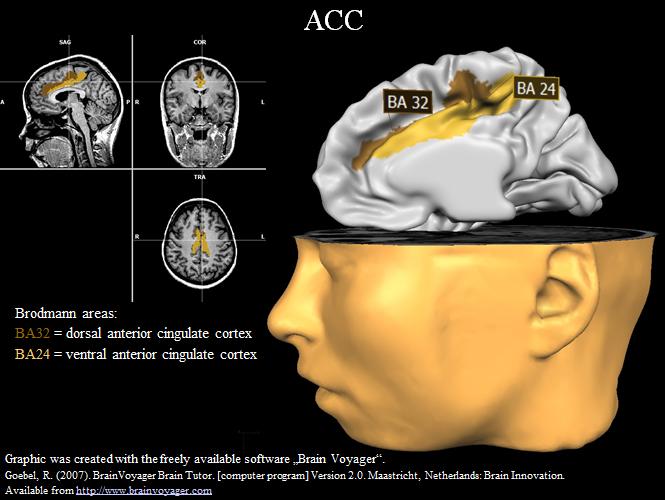
Dual-Process Theory of Moral Judgment
One of Joshua Greene’s most significant contributions to moral psychology is his development of the dual-process theory of moral judgment, which suggests that moral decisions are driven by both emotional (intuitive) and cognitive (rational) processes.
- Emotional vs. Rational Responses: Greene’s theory posits that emotional responses tend to align with deontological judgments, which focus on rule-based morality, while rational, cognitive processes are more aligned with utilitarian judgments, which emphasize outcomes and the greater good.
- Moral Dilemmas and fMRI: In his research, Greene used fMRI technology to observe brain activity when individuals faced moral dilemmas, such as the Trolley Problem.
- Implications for Ethics: Greene’s theory challenges traditional views in moral philosophy by suggesting that moral intuitions are not always reliable and can sometimes lead to biased or irrational decisions.
Image Source: cognitive-liberty.online
Greene has used the Trolley Problem, a famous moral dilemma, as a central tool in his research to explore how people make moral decisions when faced with difficult trade-offs between individual rights and the greater good.
- Trolley Problem: In one version of the Trolley Problem, a runaway trolley is headed toward five people, and an individual can pull a lever to divert the trolley, saving the five but killing one person on another track.
- Personal vs. Impersonal Dilemmas: Greene distinguished between personal moral dilemmas, which evoke strong emotional responses (e.g., pushing a person off a bridge to stop a trolley), and impersonal dilemmas, which are more cognitively driven (e.g., pulling a lever). His research showed that people are more likely to make utilitarian decisions in impersonal dilemmas, where cognitive processes dominate.
Image Source: nybooks.com
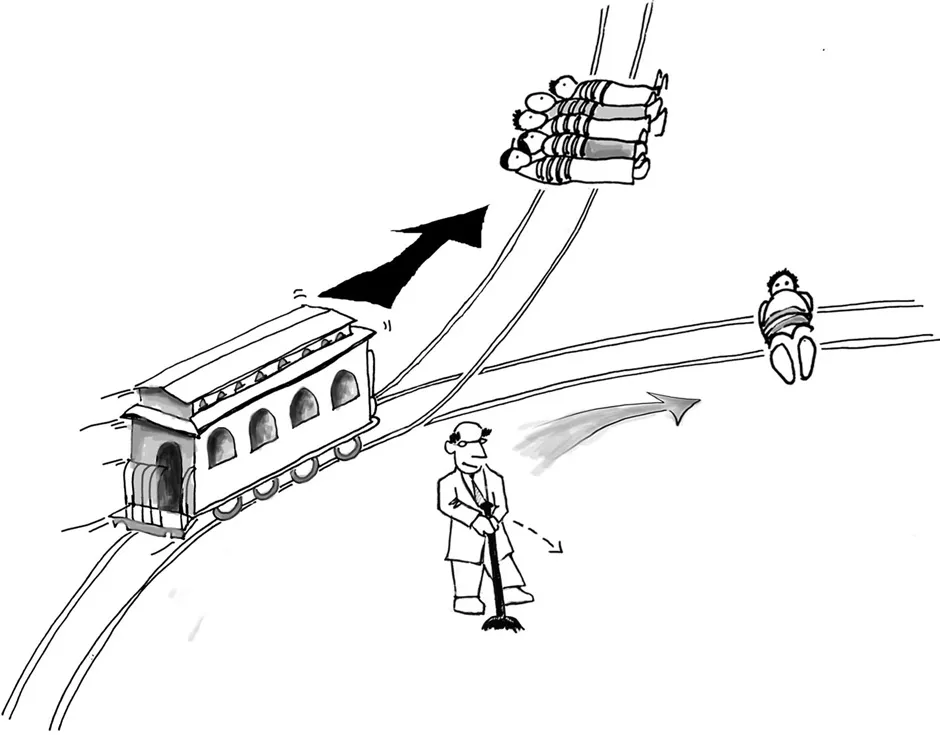
The Trolley Problem and Moral Cognition
Famous Books and Publications
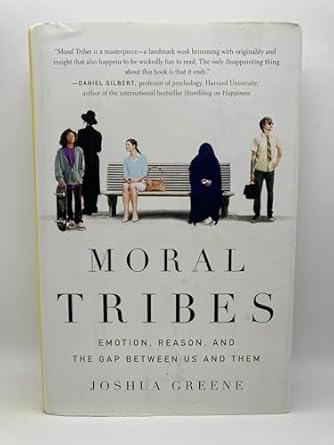
Moral Tribes (2013)
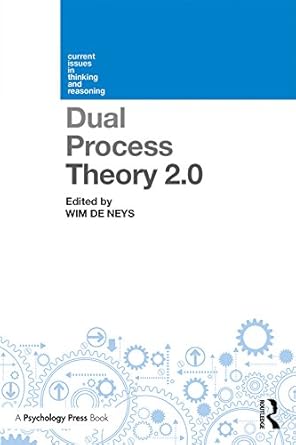
Dual-Process Theory (2001)

The Great Gatsby (2004)
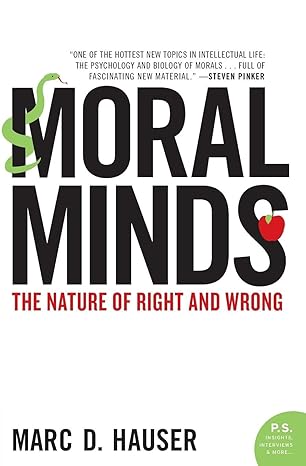
Moral Minds (2007)
Influence on Contemporary and Future Psychological Research
- Moral Decision-Making: Greene’s work has significantly influenced research on moral decision-making, particularly in exploring how emotional and cognitive processes interact during moral judgments. His dual-process theory continues to inspire studies on how people resolve moral dilemmas and make ethical decisions in everyday life.
- Neuroscience of Morality: Greene’s use of fMRI technology to study the brain’s role in moral decision-making has had a profound impact on the field of cognitive neuroscience. Researchers continue to explore how different brain regions are activated during moral judgments, advancing our understanding of the neural mechanisms underlying morality.
- Moral Psychology and Ethics: Greene’s interdisciplinary approach, combining psychology, neuroscience, and philosophy, has influenced the development of moral psychology as a field. His work has inspired new research on the ethical implications of moral intuitions and the potential for rational ethics to guide decision-making in complex moral situations.
- Political and Social Conflict: Greene’s exploration of moral tribes and the tension between group loyalty and utilitarian reasoning has influenced research on political polarization and social conflict. His work has prompted further investigation into how moral psychology can help resolve conflicts between different political and social groups.
- AI and Ethics: Greene’s research on moral decision-making has implications for the development of artificial intelligence (AI) and the ethical programming of machines. His insights into how humans make moral decisions are informing debates on how AI systems should be designed to make ethical choices in areas such as autonomous vehicles and healthcare.
Psychologists and Educators Influenced by Joshua Greene
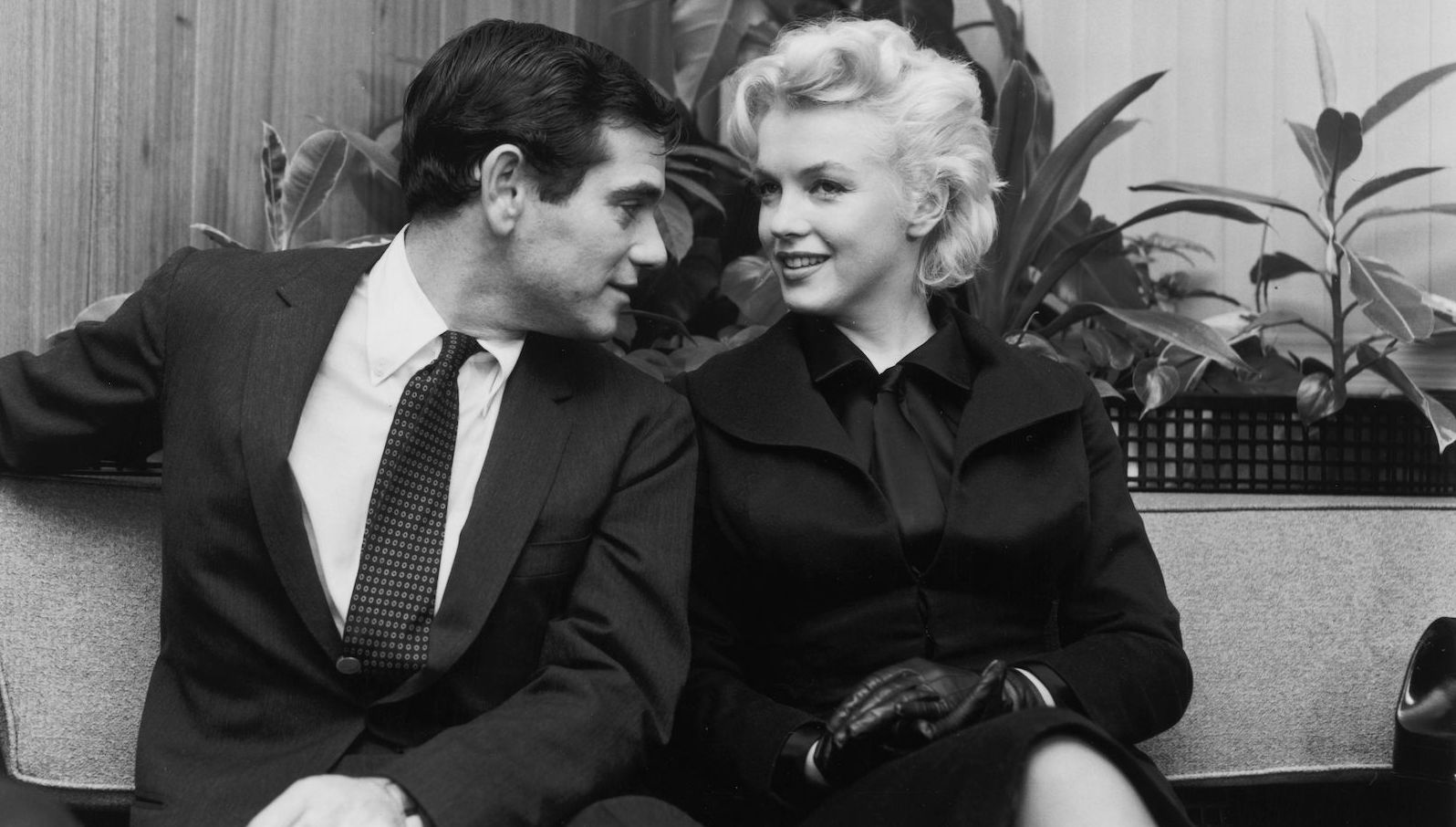
- Jonathan Haidt: A leading moral psychologist, Haidt’s work on moral foundations theory has been significantly influenced by Joshua Greene’s exploration of the emotional and cognitive components of moral judgment. Both researchers have enriched the understanding of how intuitions and reasoning interact in moral decision-making, offering valuable insights into human morality.
- Paul Bloom: Renowned for his research on empathy and moral development, Bloom’s work intersects with Greene’s focus on the emotional versus rational aspects of moral judgment. He has utilized Greene’s theories to investigate how empathy impacts moral decisions, contributing to a deeper understanding of moral psychology.
- Fiery Cushman: A cognitive scientist, Cushman’s research on moral cognition has been informed by Greene’s dual-process theory. He examines how people make moral judgments across varying contexts, analyzing the cognitive mechanisms that underlie ethical decision-making processes.
- Molly Crockett: As a neuroscientist and psychologist, Crockett’s investigations into moral behavior and social decision-making draw from Greene’s research on the neural underpinnings of morality. She focuses on how emotions like guilt are processed in the brain and their subsequent influence on social behavior and moral choices.
- Peter Singer: Although Greene has been influenced by Singer’s utilitarian philosophy, Singer has also incorporated Greene’s insights on moral cognition into his advocacy. Greene’s findings about moral decision-making support Singer’s arguments for utilitarian ethics, particularly regarding animal rights and addressing global poverty.
Impact on Psychology and Philosophy
- Influence on Modern Thought: Joshua Greene’s exploration of moral cognition has profoundly influenced contemporary psychology and philosophy, particularly in understanding how emotion and reason shape moral judgments. His dual-process theory has provided a comprehensive framework for understanding the tension between emotional and rational processes in ethical decision-making. Greene’s research has challenged traditional ethical theories by showing that moral intuitions are often driven by emotion rather than rational consideration of outcomes, leading to new discussions in both philosophy and moral psychology about the reliability of moral intuitions and the potential for utilitarian ethics to guide moral decision-making.
- Legacy and Recognition: Greene’s contributions to moral psychology and neuroscience have earned him numerous accolades, including recognition for his interdisciplinary approach to studying morality. His research on moral cognition continues to influence fields as diverse as psychology, neuroscience, philosophy, and ethics. Greene’s work has also had a significant impact on public discourse about moral conflict, particularly in addressing the challenges of political polarization and moral disagreement in modern society. His legacy as a thought leader in the field of moral psychology ensures that his contributions will continue to shape the future of ethical decision-making and moral philosophy.
Conclusion
Joshua Greene’s pioneering work on moral cognition and decision-making has had a profound and lasting impact on the fields of psychology, neuroscience, and philosophy. His dual-process theory of moral judgment has provided new insights into how people resolve ethical dilemmas, emphasizing the tension between emotional and cognitive processes in moral reasoning. Greene’s interdisciplinary approach has transformed the study of morality, influencing research on moral psychology, social conflict, and ethical decision-making. His enduring legacy continues to shape contemporary debates about the nature of moral judgment and the role of rational ethics in modern society.
Bibliography
- Greene, J. (2013). Moral Tribes: Emotion, Reason, and the Gap Between Us and Them. Penguin Press.
- Greene, J. D. (2001). An fMRI Investigation of Emotional Engagement in Moral Judgment. Science.
- Greene, J. D., Nystrom, L. E., Engell, A. D., Darley, J. M., & Cohen, J. D. (2004). The Neural Bases of Cognitive Conflict and Control in Moral Judgment. Neuron.
- Greene, J. D., Sommerville, R. B., Nystrom, L. E., Darley, J. M., & Cohen, J. D. (2001). An fMRI Study of Emotional Engagement in Moral Judgment. Science.
- Greene, J. D. (2008). The Secret Joke of Kant’s Soul. In W. Sinnott-Armstrong (Ed.), Moral Psychology, Volume 3: The Neuroscience of Morality.
- Greene, J. D. (2015). Beyond Point-and-Shoot Morality: Why Cognitive (Neuro)Science Matters for Ethics. Ethics.
- Cushman, F., Young, L., & Greene, J. D. (2010). Multi-System Moral Psychology: The Dual-Process Theory of Moral Judgment. In J. M. Doris (Ed.), The Moral Psychology Handbook.
- Crockett, M. J., & Greene, J. D. (2013). Moral Cognition: Beyond the Rationalist-Intuitionist Debate. Trends in Cognitive Sciences.
- Greene, J. D., & Paxton, J. M. (2009). Patterns of Neural Activity Associated with Honest and Dishonest Moral Decisions. Proceedings of the National Academy of Sciences.
- Singer, P., & Greene, J. D. (2011). Moral Decision-Making and Utilitarianism: Bridging Philosophy and Neuroscience. Ethics and Behavior.






